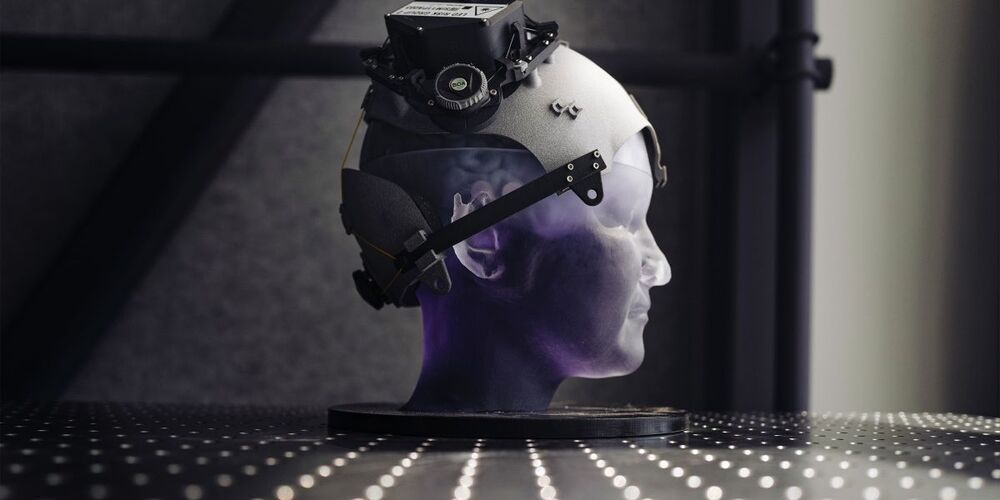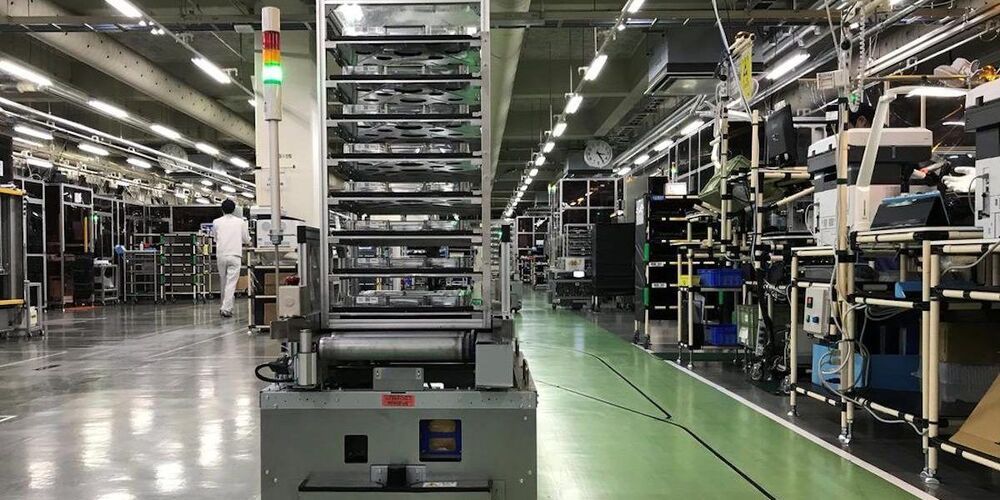University of California San Diego scientists have now developed several genetic editing tools that help pave the way to an eventual gene drive designed to stop Culex mosquitoes from spreading disease. Gene drives are designed to spread modified genes, in this case those that disable the ability to transmit pathogens, throughout the targeted wild population.
Genetics toolkit targets less researched Culex mosquitoes, which transmit West Nile virus and avian malaria.
Since the onset of the CRISPR genetic editing revolution, scientists have been working to leverage the technology in the development of gene drives that target pathogen-spreading mosquitoes such as Anopheles and Aedes species, which spread malaria, dengue, and other life-threatening diseases.
Much less genetic engineering has been devoted to Culex genus mosquitoes, which spread devastating afflictions stemming from West Nile virus—the leading cause of mosquito-borne disease in the continental United States—as well as other viruses such as the Japanese encephalitis virus (JEV) and the pathogen causing avian malaria, a threat to Hawaiian birds.





